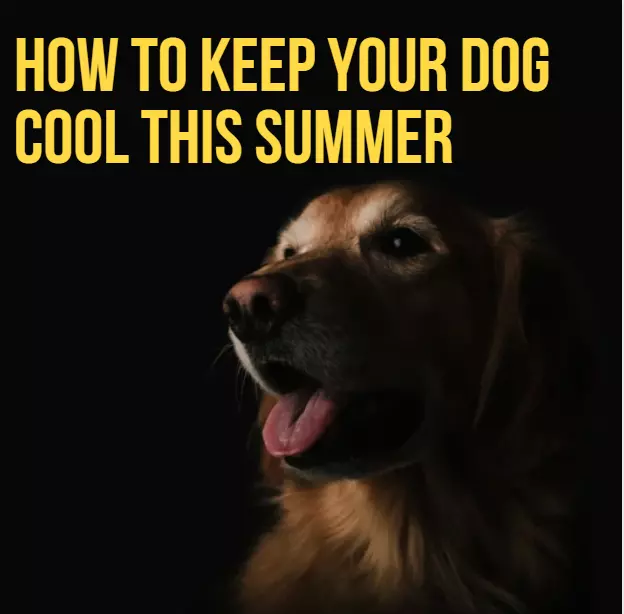
Anxiety and stress are the difficult emotions that mess up a human mind. But it doesn’t only affect humans. Do you know that your pet can also show signs and symptoms of extreme stress?
If you’re a dog parent, you go to extreme lengths to care for your furry pup. But what happens when your dog is agitated and experiences anxious episodes? It becomes more difficult for them to regulate their emotions. They do not 3know how and why they feel in a certain way. Dog Anxiety : Symptoms and how to cure
Some of the dog owners are clueless about their pet’s emotional health. It doesn’t occur to worry about their pet’s emotional and mental wellbeing. Keeping a pet demands giving 100% to them in every aspect. Their lives revolve not only around physical health, walking to the parks, playing catch. You have got to be more vigilant.
Keeping a check on their mental health, understanding the unusual activities or behaviours, helping them to cope with their emotional concerns – all of it are a part of a pet’s wellbeing.
If you are a dog parent, you might feel anxious on different occasions for several reasons. You might not be well aware of it, but we are here to help you.
Let’s understand why your dog faces anxiety and what you can do to help them cope with it.
What Are The Causes of Dog Anxiety?
Your furry companion goes through anxiety due to many reasons. It is important to notice what makes them feel this way and how you can help them overcome it.
Dog Anxiety : Symptoms and how to cure
The causes of a dog’s anxiety are listed below:
- Separation Anxiety
Let’s talk about separation anxiety and why it affects your dog. When you get ready to leave the house or pick up your keys, your furry pup might get a little alert and start fidgeting with his claws and paws. Chances are he is experiencing anxiety due to the fear of being left alone and losing you.
When your dog gets super attached to you, he might not be able to let you go even for a while. They stick whatever they like to do with humans. It becomes difficult for them to enjoy their own company.
The signs could include excessive barking and chewing on furniture, or littering inside the house.
What Can I Do To Help Them Cope?
Whenever you’re about to leave the house, help your pupper deal with it. Give them their favourite treats or some dog toys like puzzles or stuffed toys. Don’t go out suddenly in front of them. Make it very low-key. Don’t be gone for longer periods. Rather increase your time slowly and gradually till your dog gets used to it.
Separation anxiety might become very serious and needs the intrusion of animal behaviourists.
- Fear of Sudden and Loud Noises
When you hear a loud and sudden noise, you get a little startled. But you know where the sound is coming from. Your furry pup doesn’t have a clue about the noise. It makes them jump or be startled, and fear consumes them.
- The loud noises can include;
- Thunderstorm
- Loud chatter
- Fireworks
- Vacuum
- Lawnmower
The signs of loud noise anxiety are pretty much detectable. Your dog might hide in the corner or go to its crate.
What Can I Do to Help Them Cope?
If you’re out of the house and the loud surroundings make him feel anxious, it’s better to head to the house. The comfort of home might put him at ease.
Another thing you can do is distract your doggie with another sound or music to make him feel relaxed.
- Shelter/Rescue Anxiety
Rescuing a dog is not a simple task. You give love and care to your new furry companion, but his anxiety does not leave him. Some of the dogs face abandonment and go through emotional turmoil. It becomes tough for them to adjust to a new place.
There are some of the reasons that could trigger rescue anxiety.
- A sudden loud thud.
- Unexpected or sudden movements.
- Feel scared of other dogs.
- Meeting strangers.
What Can I Do to Help Them Cope?
Support, comfort and love can help your pup feel at ease when entering their forever home. Whenever they experience anxious episodes, give them hugs and love to let them feel safe with you.
What Are Signs of Anxiety in Dogs?
Now you might want to know how to tell your pup is going through some serious anxious episodes? You might ignore some of them as they seem like routine agitation to you. But it’s better to be on your toes when your dog shows some of the following signs and symptoms.
- Excessive barking
- Aggression
- Instead of going out to get relieved, they do it in the house.
- Drooling
- Depression
- Panting
- Chewing on furniture/hiding in the corner
How to Treat Anxiety in Dogs?
Many times, anxiety in dogs gets unnoticed. The reason is that you might label their behaviour as just being naughty. The dog owners should stay vigilant of their puppy’s behaviour and responses. Upon detecting any anxiety symptoms, it’s better to take them to a vet to know more about their anxiety and coping strategies.
Behavioural Training: Your furry friend might need Behavioural Training. In which negative associations with certain circumstances are altered. Usually, separation anxiety sufferers need this training.
Medications: Some dogs might need drugs/medicines to deal with their emotional trauma and stress. The vets should not use sedatives as it just masks the problem instead of dealing with it.
Touch Comfort: Hug your dog or hold them in case your dog is anxious or cries. The comfort of your touch might reduce the levels of their anxiety.
The Bottom Line
Having a pup doesn’t mean just being with them or worrying about their physical health. Your dog’s mental health needs your attention too. As a pet parent, you should be aware of your pet’s unusual behavioural patterns to rule out any possibility of mental health issues. Dog Anxiety : Symptoms and how to cure



